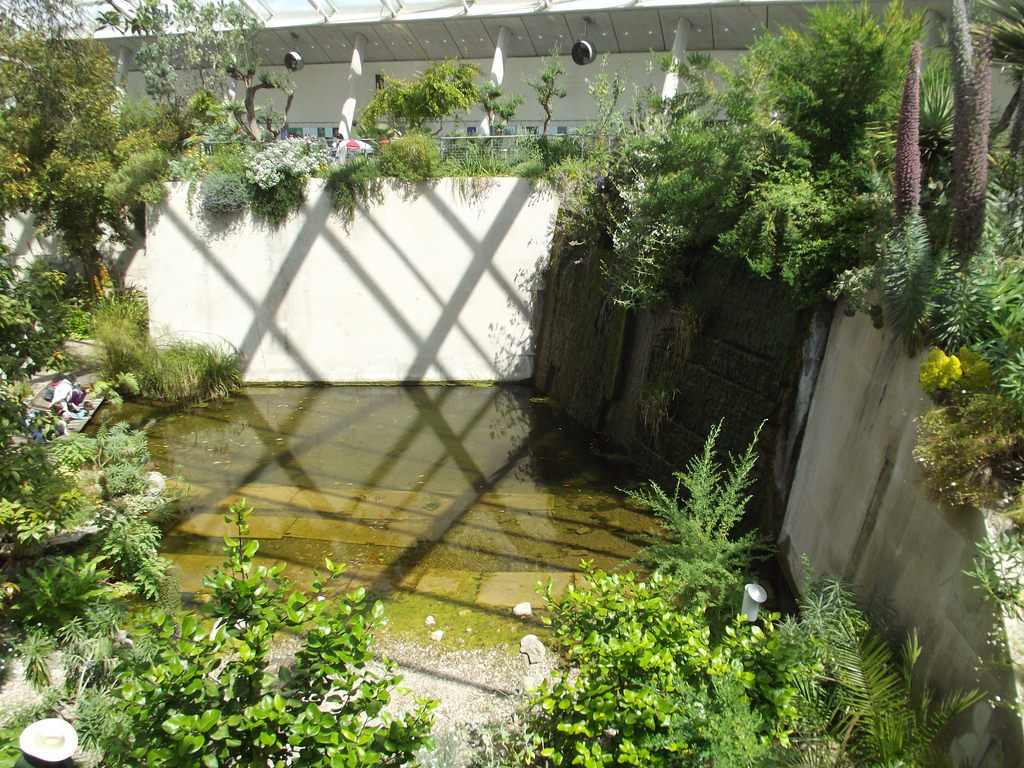Poor drainage in your garden can lead to a host of problems, including waterlogged soil, erosion, and root rot. Fortunately, there are several clever solutions that can help you address this issue and create a healthier, more attractive outdoor space. Here are five effective strategies to improve drainage in your garden, with the help of garden drainage specialists:
1. Install a French Drain
French drains are a popular and effective solution for improving garden drainage. They consist of a trench filled with gravel or rock that redirects excess water away from soggy areas. They can be installed along the perimeter of your garden or beneath problem areas to help prevent waterlogging.
2. Create a Rain Garden
Rain gardens are designed to capture and absorb rainwater, reducing runoff and improving drainage. They are typically planted with native flowers and grasses that can tolerate periods of wet and dry conditions. By creating a rain garden in your yard, you can help manage excess water naturally.
3. Build a Dry Well
Dry wells are underground structures that collect and disperse excess water from downspouts and soggy areas. They consist of a large hole filled with gravel or rock that allows water to percolate into the ground slowly, reducing the risk of flooding.
4. Install Permeable Paving
Permeable paving allows water to pass through gaps or pores between paving materials, reducing runoff and improving drainage. It can be used for paths, driveways, and patios, providing a stylish and functional solution for managing excess water in your garden.
5. Raise Beds and Planters
Raising garden beds and planters above ground level can help prevent waterlogging and improve drainage. This allows water to drain more easily away from plant roots, reducing the risk of root rot and other moisture-related issues.
In conclusion, poor drainage in your garden can lead to a variety of problems, but with the right strategies and solutions, you can improve drainage and create a healthier, more beautiful outdoor space. By installing a French drain, creating a rain garden, building a dry well, installing permeable paving, and raising garden beds and planters, you can effectively manage excess water and protect your garden from the effects of poor drainage.



